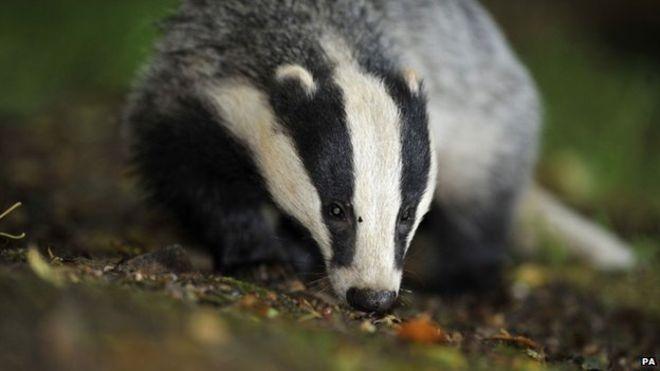Badger cull: 'Crucial data omitted' say RSPCA and vets
- Published
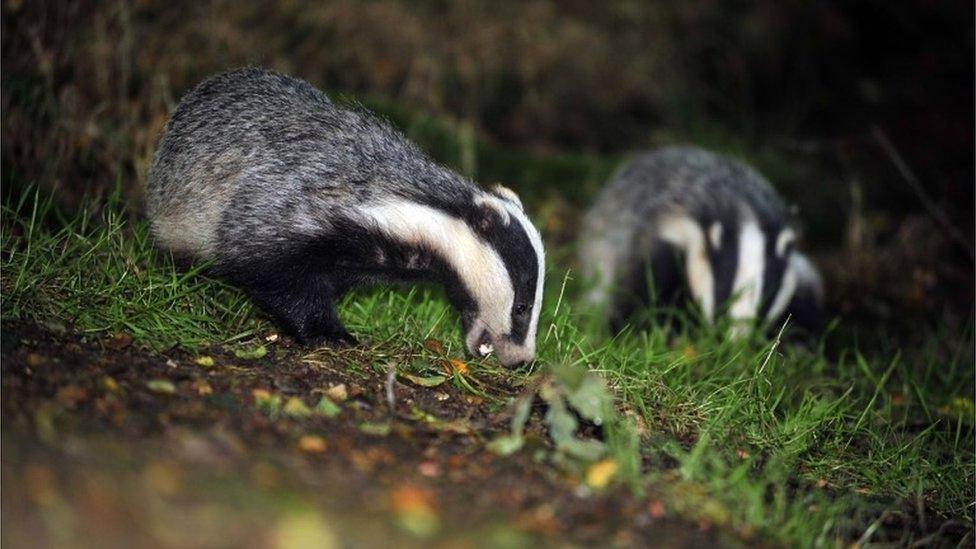
The badger culls began in 2013 in Somerset and Gloucestershire
Government claims about the badger cull "delivering results" have been dismissed as "inaccurate" by prominent vets and charities.
Last month Defra said the cull in Somerset and Gloucestershire had successfully reduced TB in cattle.
However, a letter written by the vets and charities, external said the data did not take into account infected cattle herds that were culled, and changing herd numbers.
Defra has rejected the criticism.
Last month, Defra minister George Eustice said the culls were delivering results, external.
Badger Trust
He said: "Today's figures showing reductions in TB cases in Somerset and Gloucestershire are evidence that our strategy for dealing with this slow moving, insidious disease is delivering results."
But the claim was questioned by vets including Prof Andrew Knight at the University of Winchester; the RSPCA; the Born Free Foundation; and the Badger Trust.
In a letter, the critics calls for more reliance on "prevalence", which is the proportion of TB among herds, rather than "incidence", which measures the number of new TB cases.
The letter stated: "Greater clarity can be obtained by focusing on prevalence rather than incidence."
Campaigners are now calling for all the data to be released so it can be verified independently.
A Defra spokesman said: "Calling our calculation of the rate of new bTB cases 'opaque and impossible to confirm independently without raw data' is simply incorrect.
"This is the best method of calculating incidence and is the method used for reporting TB incidence in National Statistics."
- Published13 September 2018
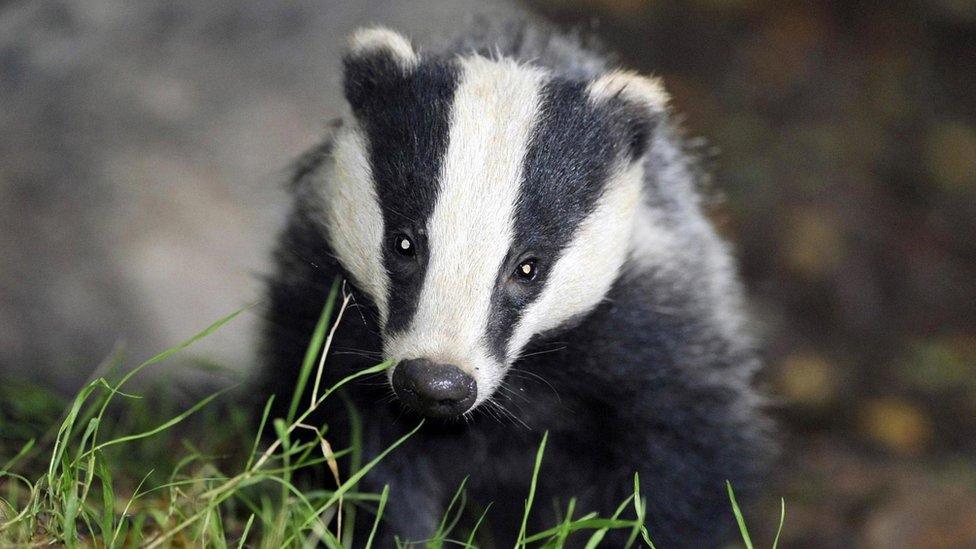
- Published8 March 2018
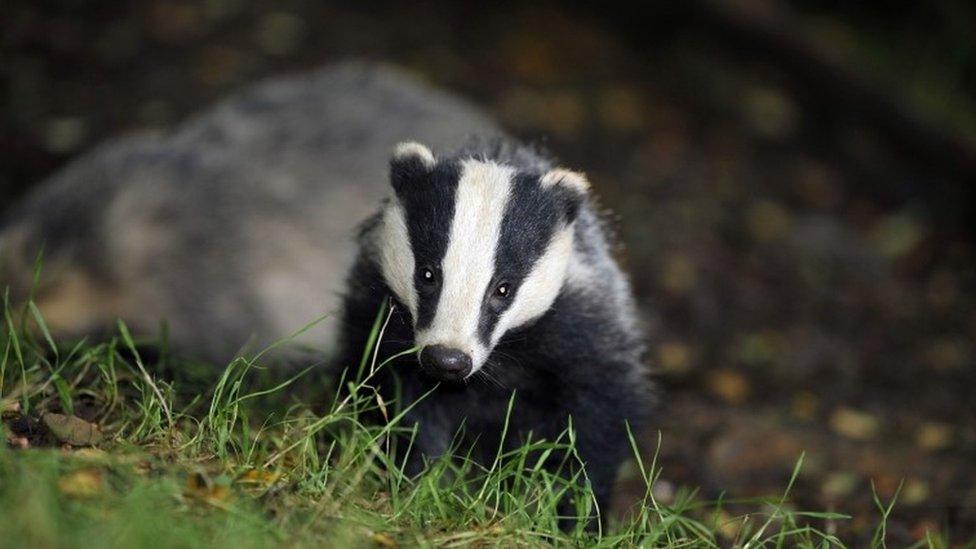
- Published6 July 2018
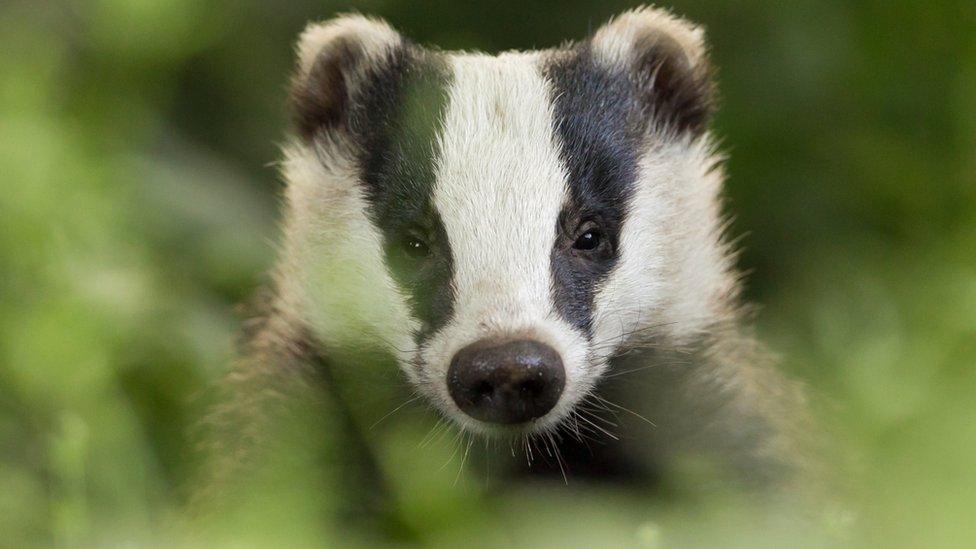
- Published28 March 2017
